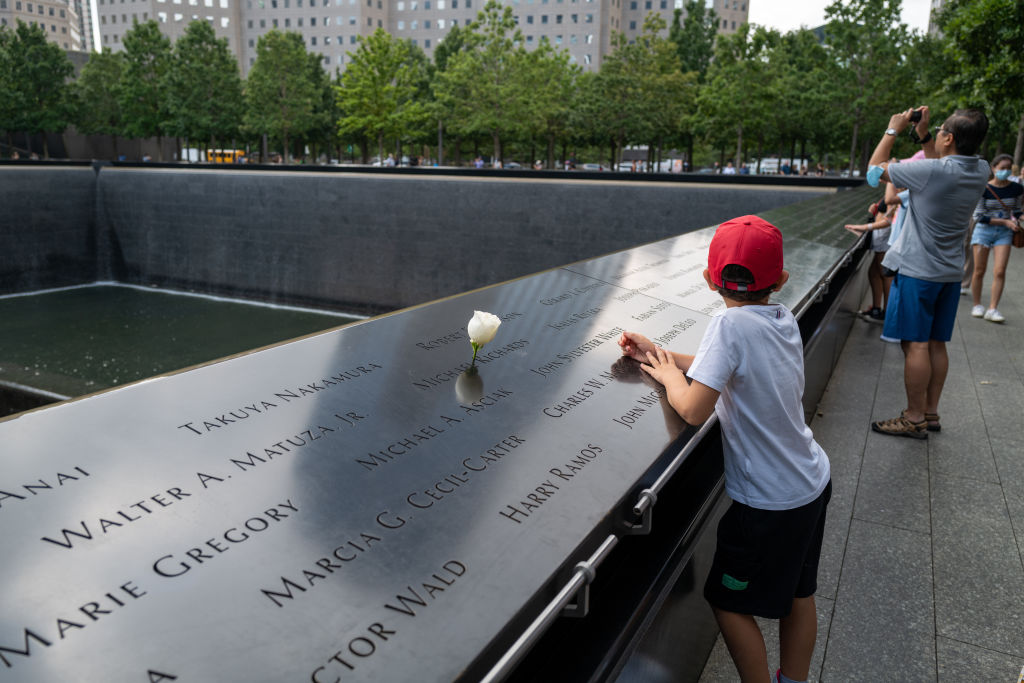Michael Shoebridge

America has killed al-Qaeda’s head, Ayman al-Zawahiri, who was living in a wealthy Kabul suburb under the noses of the Taliban leadership. Al-Zawahiri living and working in Afghanistan is an echo of the safe harbour the Taliban gave his former boss, Osama bin Laden, to plan and conduct the horrific September 11 attacks. That continued until the Taliban were ousted at the start of the 20-year Afghan war. So, there’s a symmetry to the Taliban again harbouring an al-Qaeda head while America hunts him.
Al-Zawahiri’s death comes 11 years after bin Laden was killed in May 2011, at his home near a major Pakistani military base. It’s 21 years since al-Zawahiri played a role in planning the 9/11 attacks, but he’s been a capable and canny organiser and leader who has kept al-Qaeda viable. Unlike bin Laden, he didn’t need a special forces team conducting an extended high-risk night raid to kill him—al-Zawahiri died from two small but lethal Hellfire missiles fired by a drone operated remotely by the CIA.
His death has narrow and broad messages and results.
One clear message is that while the US and NATO forces have withdrawn from Afghanistan, they can still get intelligence about people there to conduct precision attacks.
While the Taliban have ruled Afghanistan since the chaotic withdrawal ordered by US President Joe Biden in August 2021, their control is partial, porous and disputed. Internal Taliban factions, diverse warlords and extremist groups like al-Qaeda and Islamic State make it hard for the Taliban to rule.
On top of this, many Afghans don’t want to live under the Taliban’s fundamentalism and brutality. Finding people willing to betray others or to provide intelligence on enemies in this moiling mix of interests, actors and grievances looks to be fertile work. So, any terrorist figures living under Taliban rule must keep looking over their shoulder wondering who they can trust and for how long. This undercuts terrorists’ ability to plan, operate and conduct attacks.
The other message comes from the Taliban’s confused reaction to al-Zawahiri’s death. Spokespeople have simultaneously denied there was any attack, claimed that the house struck in the attack was empty, and expressed outrage that the Americans have done this because it breaks their agreement to withdraw the US military.
This last line is the most important, though not because the Biden administration broke any deal with the Taliban. The strike was a remote one conducted by the CIA and involved no US boots on the ground. It’s important because it shows the Taliban returning to form, saying al-Zawahiri shouldn’t have been killed because he was living under its protection. That’s a very dangerous path, and won’t help the Taliban’s campaign for legitimacy around the world.
Narrowly, it’s a reverse for al-Qaeda as an active and violent international terrorist outfit, and a reversal for the Taliban because it demonstrates their porous control and continued instinct to harbour violent extremist individuals and groups.
More broadly, it’s a further nail in the coffin for the narrative out of places like Moscow and Beijing that the West is failing and lacks the resolve to act in its security interests in the wider world.
The US conducted this strike as Biden leads the broad international coalition supporting President Volodymyr Zelensky and the Ukrainian people in their fight against Vladimir Putin, and while showing resolve and support for Taiwan in the face of Beijing’s growing intimidation and aggression there. It turns out that powerful democracies can walk and chew gum.
We are living in a dangerous, fracturing world where violence and force are more present than in recent decades. Old threats like terrorism are still active, while new threats from emboldened, powerful autocrats are obvious.
In that world we should take heart from the damage Biden has caused this week to al-Qaeda and from the resolve he and other leaders—like Zelensky and Taiwan’s Tsai Ing-wen—are demonstrating while facing the challenges from the empowered autocrats in Beijing and Moscow. What happens from here matters to us all.
No comments:
Post a Comment